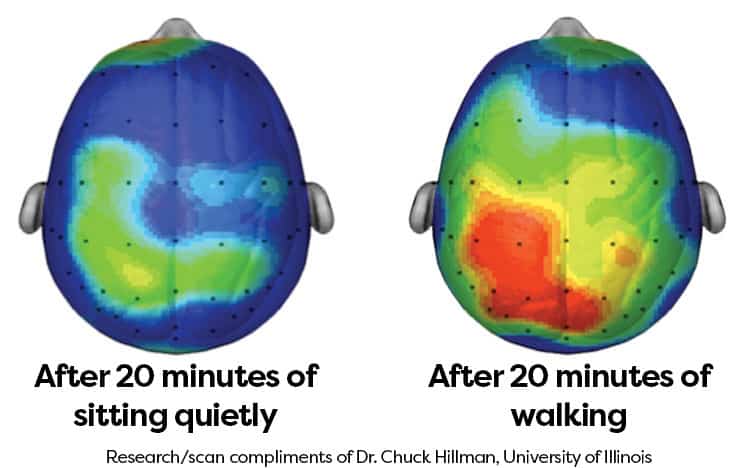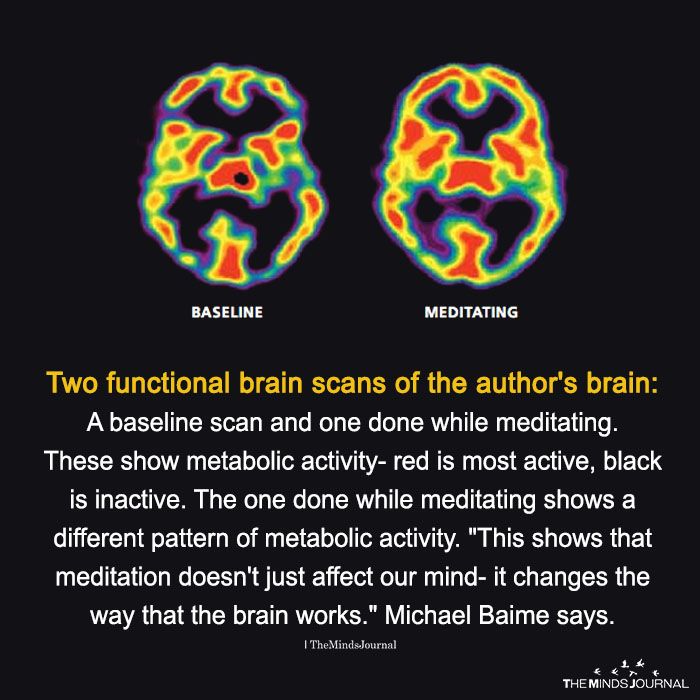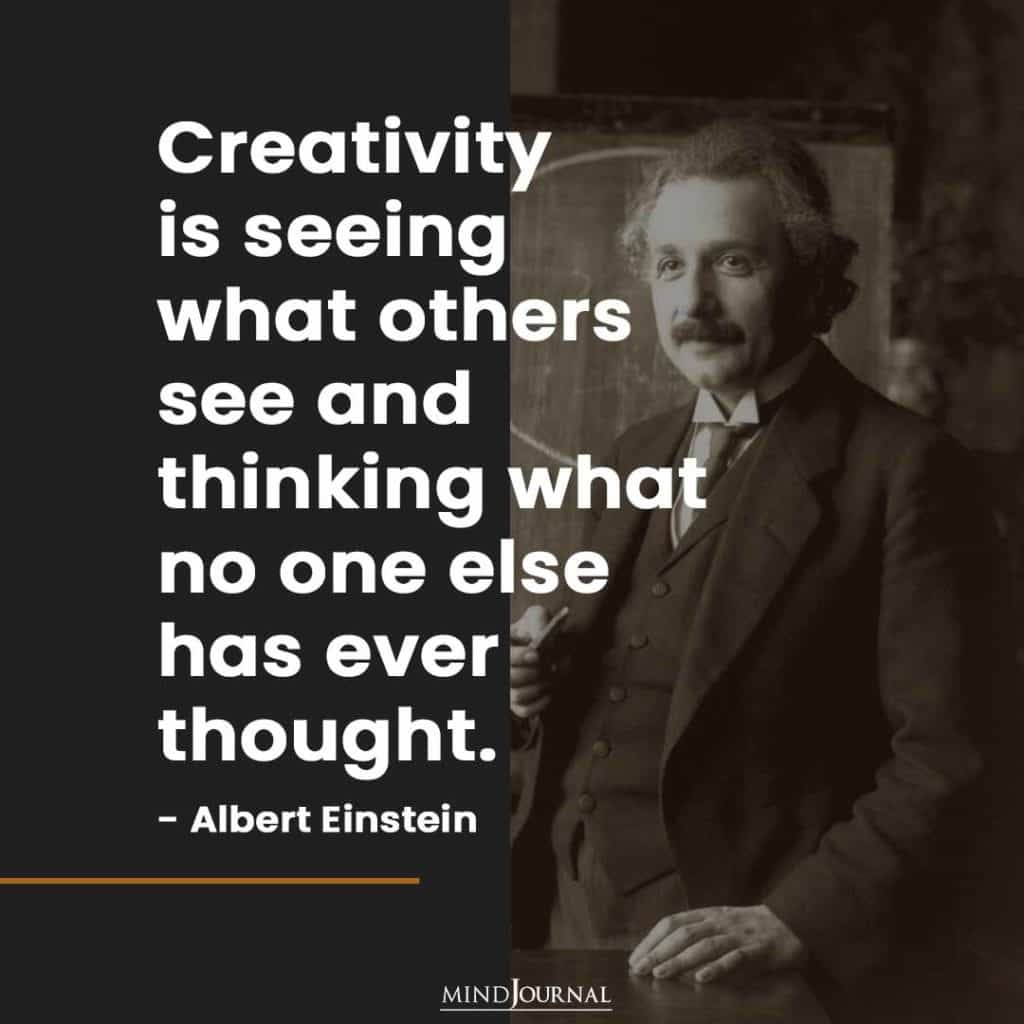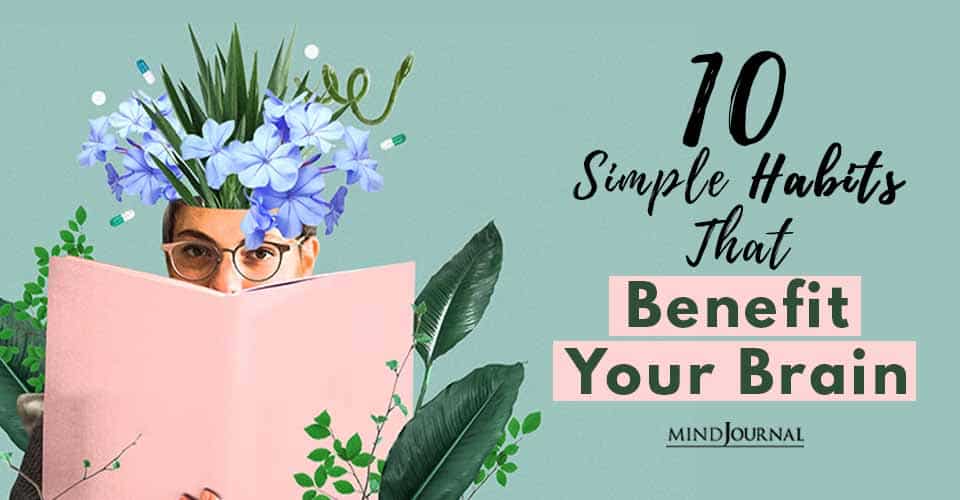No matter what happens in life, one thing that is most precious and you cannot afford to lose is Brainpower! Your brain is the most valuable asset because it enables thoughts, memory, movement, and emotions.
Cognitive skills can weaken at any age. You must take care of your brain health so that even when you are old it stays strong and healthy.
Here are some very simple habits that can benefit your brain:
1. Exercise daily
“Exercise is brain food”, says Michelle Ploughman, the clinical research scientist. Do cardio 15-30 minutes a day and see miraculous brain benefits. Regular exercises can beat stress, anxiety, and long-term depression and prevent neurodegenerative disorders associated with age. Exercising strengthens connections between brain cells and helps in the development of new nerve cells. As a result, you can keep your brain efficient and adaptive even when aging.

To protect our brain from stress, you release a protein called BDNF (Brain-Derived Neurotrophic Factor). That’s why we feel so happy and relaxed after exercising. Brain is more active (as you can see in image above) than when sitting alone.
Related: 14 Surprising Brain Benefits of Running That You Should Know
2. Writing
Again this is one of the most simple, cost-effective, and relaxing habits that gives us incredible brain benefits. When I say writing, I’m not talking about texting on smartphones or chatting on FB messenger or online notepads. I’m asking you to go back to the days where we used to write on pieces of paper or personal diaries. Researchers say that writing by hand with pen and paper forces the brain to think in a logical manner and keeps your mind sharp. Expressive writing promotes cognitive function and reinforces recall.
3. Solve puzzles or word games
Playing Sudoku or word games has great benefits for your brain! Research has found that Scrabble or other word games increase your IQ. Such mental stimulation leads to the formation of new neuron connections in the brain. Besides fun, you can keep your brain sharp for years. Brains games promote critical thinking, memory, concentration, attention, creativity, and can prevent mild brain traumatic injury.
Read 22 Tips To Keep Your Brain Sharp and Young At Any Age
4. Meditate.

This oldest form of relaxation technique incorporated in daily to-do lists can significantly affect the mind and body. It is one of the scientifically proven ways to combat stress, pain, anxiety, and depression. This practice can make your brain younger than your actual age. Meditation benefits nearly every part of the brain. Daily meditation prevents loss of brain cells, a pattern associated with aging.

Read Meditation: A Mystical Practice That Leads You To A Prosperous Life
5. Be optimistic.
Thinking positive makes your brain smarter, research suggests. Seeing the glass half full approach will benefit your brain. According to Joel Kramer, director of neuropsychology at the UCSF Memory and Aging Center, people who are optimistic age better. It ensures that your sharp brain will function at its best in your golden years.
6. Have a proper diet
People believe popping multivitamin pills will improve their overall health. But, the best way to obtain the nutrients and minerals is by eating healthy food according to research. Eating a Mediterranean diet improves longevity, memory, cognition function, and brain volume. This type of diet comprises green vegetables, extra virgin olive oil, whole grains, fish, nuts, legumes, fruits, unsaturated oils, moderate intake of alcohol, and plant sources of proteins.
7. Drink water
Drinking less water than recommended is one of the bad habits that cause dehydration and excess stress in our bodies. According to one study, not drinking enough water can negatively impact your alertness, focus, and memory. Adequate water consumption lowers headaches and improves mood and cognitive functions. The Institute of Medicine (IOM) recommends that men drink around 13 cups of water and women should drink at least 9 cups.
Read 12 Health Benefits of Drinking Water
8. Take a nap.
Taking a 15-20 minutes nap improves memory, alertness, and mood, according to Sara C. Mednick, Ph.D., sleep expert. This is why people feel refreshed, energized, and put together after taking a power nap in the afternoon. So take a nap and reap amazing brain benefits. Naps improve your brain and motor performance like playing piano as well. Also, improve learning, and ease stress and regulate emotions.

(In research conducted by Matthew Walker, an assistant professor of psychology at UC Berkeley, students who napped (green column) did markedly better in memorizing tests than their no-nap counterparts.)
9. Be creative

You can be creative anywhere, anytime. Try to be creative no matter what task you do and don’t just follow the same mundane rules. This habit will supercharge your brainpower. Other than that, engage in some creative endeavours whenever you are free. It can be painting, mandala design, or origami. Doing creative stuff before bed is an added advantage because a tired brain can be more creative.
10. Focus on one task at a time.
Multitasking is not that coooooool as it sounds! Not focusing on one task at a time can cause brain damage and lower your IQ. Some researchers showed that multitasking reduces productivity by as much as 40%. Focusing on a single task at a time benefits your brain. It can work at maximum capacity. To stop the deleterious impact of multitasking, focus one task at a time. Keep doing it for 20 minutes before switching to the next task.
Read 13 Bad Habits That Are Worth Keeping (According to Science)
11. Learn a new language.

(Image source: knowablemagazine.org)
The brain benefits of learning a new language are undeniable. The areas of the brain associated with learning and language are so flexible, that learning a new language can develop new areas of your brain. You might feel a little uncomfortable at the beginning but this will strengthen your brain’s natural ability to focus. People proficient in speaking more than one language have better memory, listening skills, and critical-thinking skills.
These are some very simple and easy to follow habits that will keep your mind sharp for ages.
Are you ready to boost your mind power?
If you find this post valuable and helpful, share it withy our friends and folks.
References:
- Luders, E., Cherbuin, N. and Gaser, C., 2016. Estimating brain age using high-resolution pattern recognition: Younger brains in long-term meditation practitioners. Neuroimage, 134, pp.508-513.
- Mednick, S.C., Cai, D.J., Kanady, J. and Drummond, S.P., 2008. Comparing the benefits of caffeine, naps and placebo on verbal, motor and perceptual memory. Behavioural brain research, 193(1), pp.79-86.
- Wanjek, C. and Bak, T., 2014. Learning a New Language at Any Age Helps the Brain. Live Science. Np.
- Martínez-Lapiscina, E.H., Clavero, P., Toledo, E., Estruch, R., Salas-Salvadó, J., San Julián, B., Sanchez-Tainta, A., Ros, E., Valls-Pedret, C. and Martinez-Gonzalez, M.Á., 2013. Mediterranean diet improves cognition: the PREDIMED-NAVARRA randomised trial. Journal of Neurology, Neurosurgery & Psychiatry, 84(12), pp.1318-1325.
- Brooker, H., Wesnes, K.A., Ballard, C., Hampshire, A., Aarsland, D., Khan, Z., Stenton, R., Megalogeni, M. and Corbett, A., 2019. The relationship between the frequency of number‐puzzle use and baseline cognitive function in a large online sample of adults aged 50 and over. International journal of geriatric psychiatry, 34(7), pp.932-940.











Leave a Reply